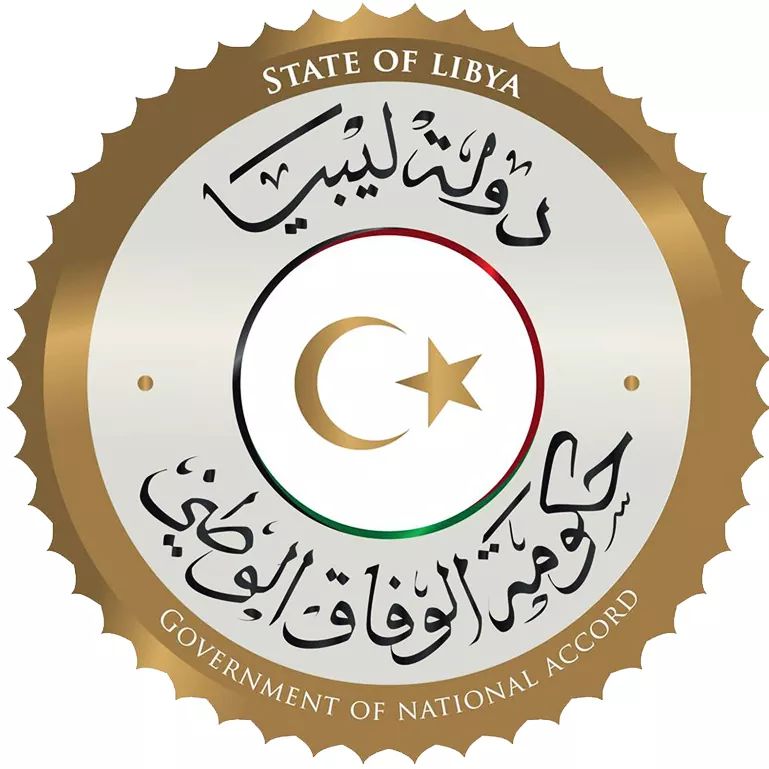By Sami Zaptia.

London, 2 December 2020:
Agreement was reached at an urgent consultative meeting in Tripoli yesterday by Libya’s main economic stakeholders to resolve the controversial matter of freezing Libya’s oil revenues, Libya’s internationally recognized government confirmed.
The meeting discussed “the implications and effects of the process of freezing Libya’s oil revenues.”
Called and chaired by the internationally recognized Libyan prime minister, Faiez Serraj, the meeting included his Deputy, Ahmed Maetig (who struck the deal with Khalifa Hafter to resume oil production), Saddek El-Kaber, Governor of Tripoli Central Bank of Libya, the chairman of the National Oil Corporation, Mustafa Sanalla (who controls the bank account holding Libya’s frozen oil revenues), Khaled Al-Mishri, head of the High State Council, Khaled Shakshak, head of the Audit Bureau, the First Deputy head of the breakaway Tripoli House of Representatives, Muhammad Amari Zayed, a member of the Presidential Council, Ahmed Hamza, a member of the Presidential Council, Sulaiman Al Shanti, head of the Administrative Control Authority, and Faraj Bumtari, the Tripoli Minister of Finance.
According to the official statement by the Tripoli Libyan government, the meeting agreed:
- “To activate the role of the Joint Committee (of the Maetig-Hafter agreement), whose membership includes: the Audit Bureau, the Ministry of Finance in the Government of National Accord, the Central Bank of Libya, and representatives of the Ministry of Finance in the Eastern Province, to coordinate in matters related to public finance to achieve the supreme interests of the country.”
- “Holding a meeting soon for the board of directors of the Central Bank of Libya and emphasizing their demands for a sense of responsibility, to develop urgent solutions to the problems facing the national economy and
- ‘‘Look into mechanisms to lift the current freeze and restore matters to normal, with emphasis on activating the monitoring mechanisms and adherence to the standards of disclosure and transparency.’’
As can be seen, the above official meeting statement by the Serraj government left plenty of room for manoeuvre and delegated responsibility to the joint committee set up by the Maetig-Hafter agreement. It implicitly recognized the unofficial agreement and its Joint Committee – an agreement and committee that the CBL was not in favour of.
On the holding of a unified CBL board meeting it stipulated the holding of a meeting ‘‘soon’’, which could mean anything from soon to never. It left it to the CBL board, whenever it does meet to ‘‘develop urgent solutions to the problems facing the national economy’’.
It did not specifically mention the contentious issues of
- Adjusting/unifying the LD exchange rate.
- The resumption of the sale of dollars to the public (to help bring down the black-market dollar exchange rate and reduce the cost of living).
- The reopening of the bank clearing system with eastern Libya.
- Unifying the western and eastern budgets, which means western Libya and the Tripoli CBL accepting the deficit accrued by the eastern Libyan authorities (including the most bitter pill to anti Hafter Libyans of retrospectively financing the cost of Khalifa Hafter’s war on Tripoli).
Maetig-Hafter agreement
It will be recalled that the 19 September Maetig-Hafter agreement prescribed that Khalifa Hafter would allow oil production/exports to resume from the eastern oilfields under his military control on the condition that oil revenues are frozen in an account until a political agreement is reached by the parties currently negotiating in the UNSMIL-brokered Libyan Political Dialogue Forum (LPDF) of a ‘‘fairer’’ distribution of Libya’s oil revenues.
The CBL-NOC tug-of-war on authority over Libya’s oil revenues continues | (libyaherald.com)
NOC strongly refutes CBL claim of inaccurate oil revenue data | (libyaherald.com)
LD 22 bn CBL loan to cover budget deficit to 31 October 2020 | (libyaherald.com)
The Maetig-Hafter proposal to resume oil exports: Analysis | (libyaherald.com)
NOC to resume oil production-exports, but only from ‘safe’ oilfields and ports | (libyaherald.com)






